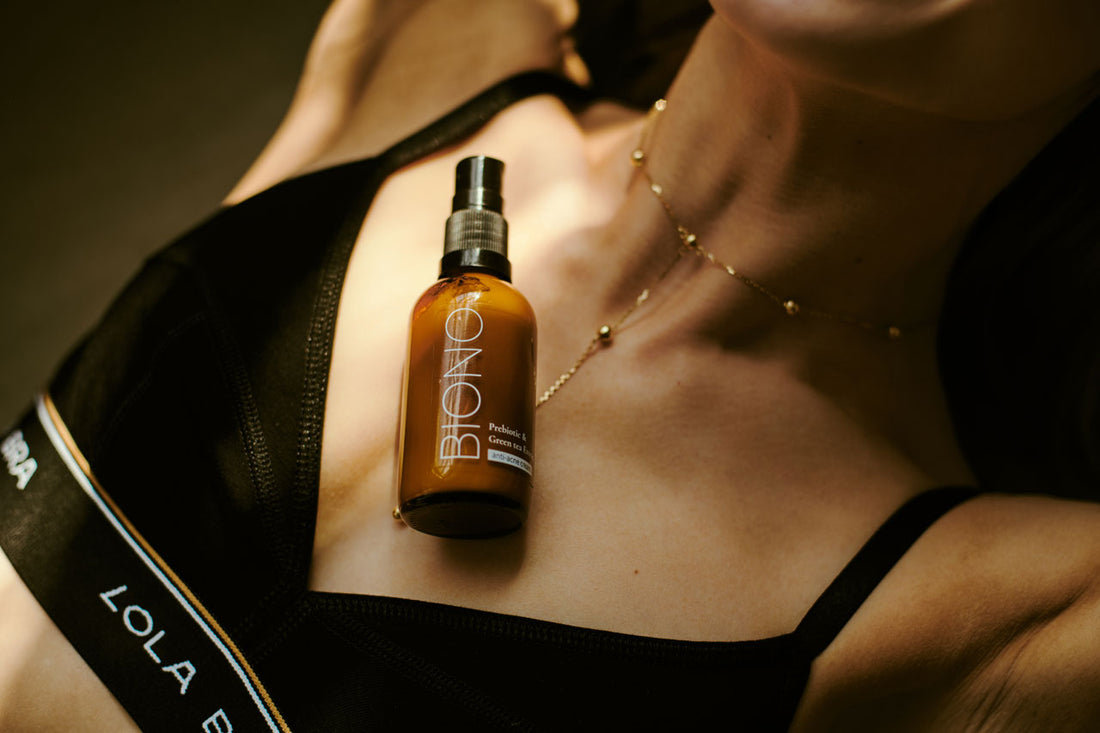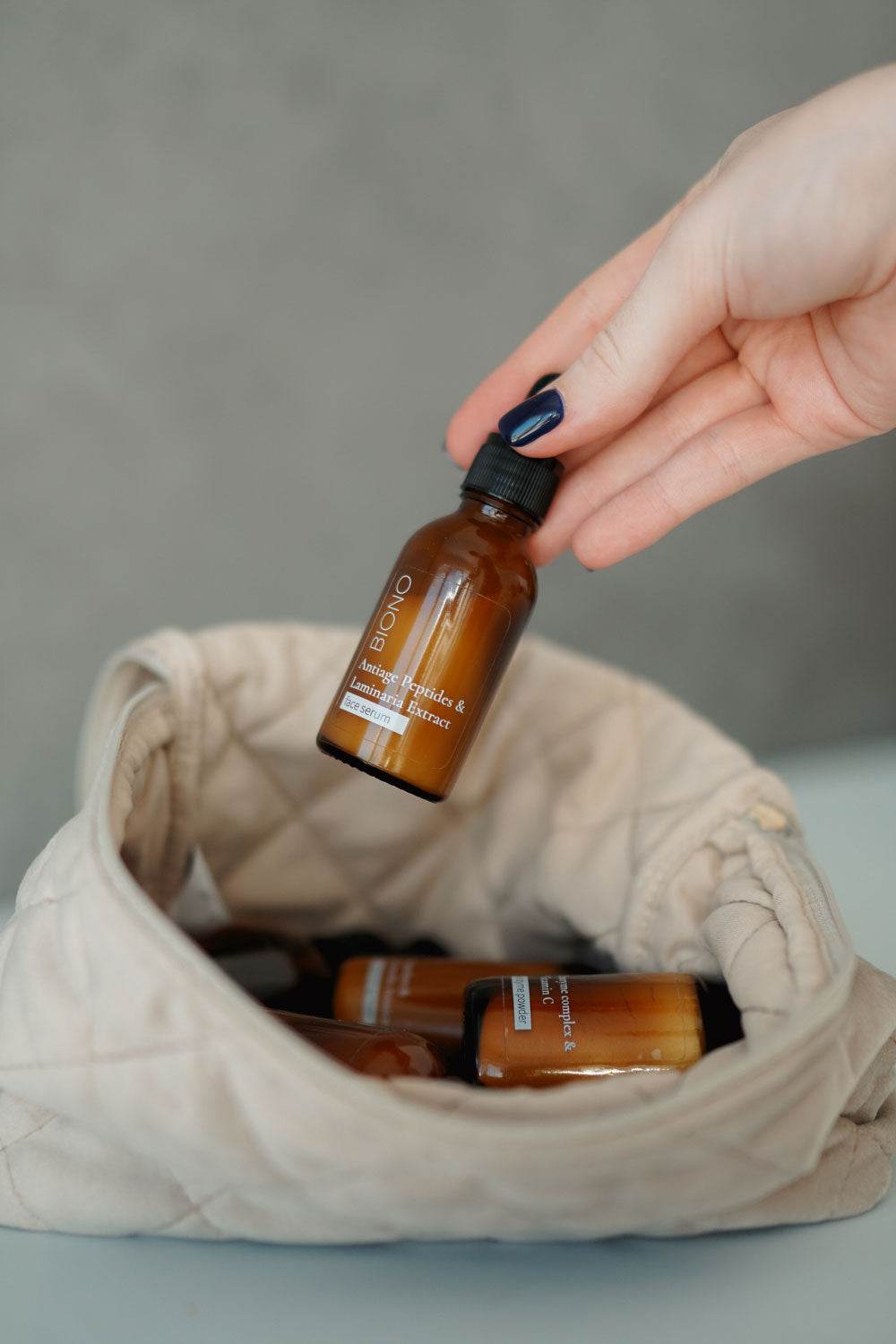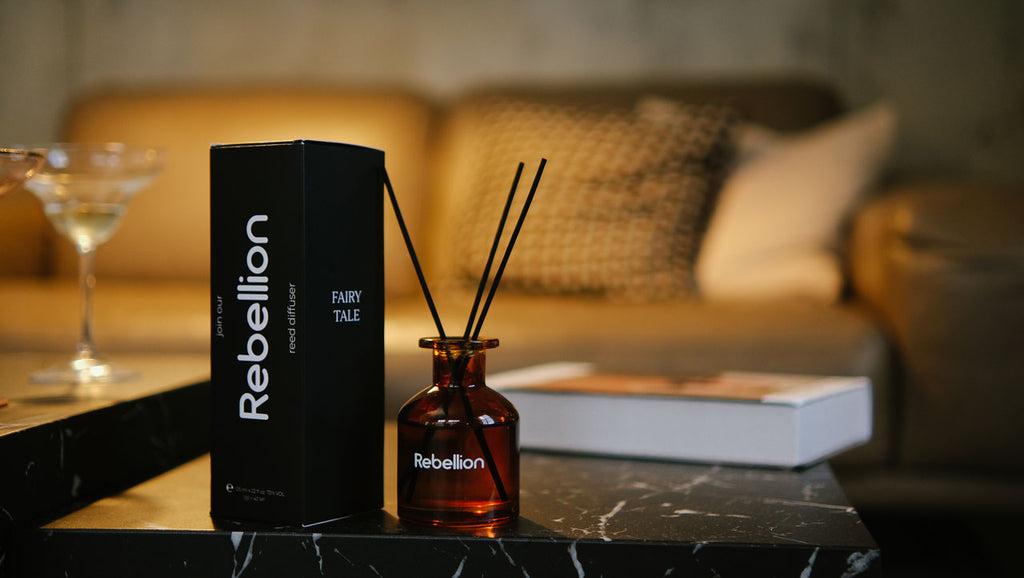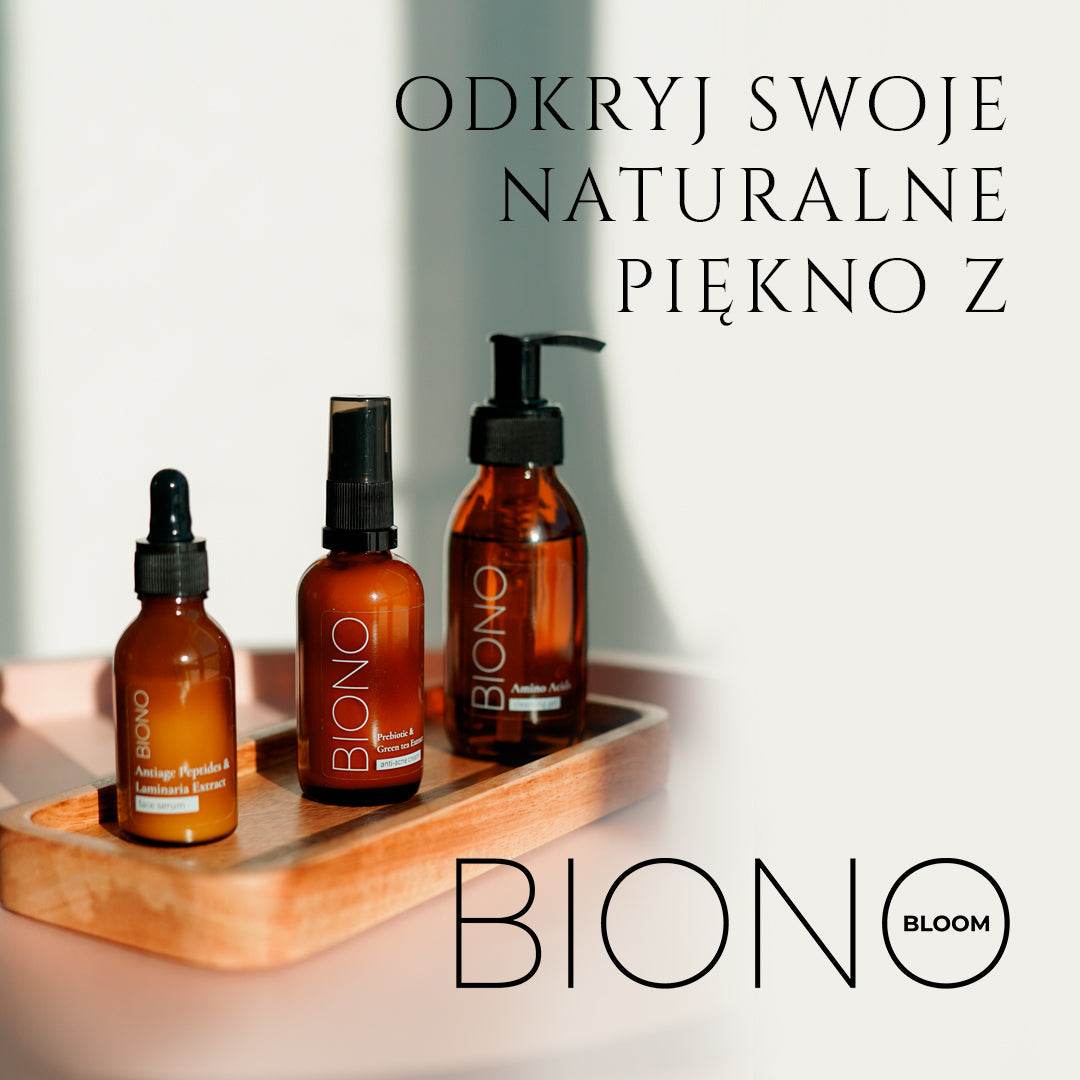
Anti-acne cream: effective care for problem skin
Skin with blemishes doesn't need to be masked, but rather properly cared for. Therefore, an acne cream is not just a cosmetic product, but a true tool in the fight for clear, healthy, and balanced skin. Modern formulas work not only on the surface but also penetrate deeper layers of the epidermis, addressing the causes of acne. In this blog, we'll take a look at how an acne cream works, what to look for when choosing one, and how to incorporate it into your daily routine.
Anti-acne cream: how it works and why it's worth trying
Anti-acne cream is not just a cosmetic product, but an active formula that works on several levels. It unclogs pores, regulates sebum production, reduces inflammation, and helps the skin regenerate. It typically contains ingredients such as salicylic or azelaic acid, zinc, niacinamide, and antibacterial extracts.
This cream is perfect for oily, combination, and problem skin types that often react to external irritants with rashes. It's important to choose an alcohol- and fragrance-free formula, especially if your skin is sensitive or prone to irritation. This anti-acne cream has a light consistency, absorbs quickly, and doesn't leave a greasy residue, making it convenient for daily use.
With regular use, this anti-acne cream not only eliminates visible imperfections but also addresses the underlying causes of acne. It helps maintain clear skin, reduces the risk of new inflammation, and leaves the face looking smoother, softer, and healthier.
How does anti-acne cream work: the action of active ingredients
The key to an effective anti-acne product is its composition. Anti-acne creams often contain salicylic acid, azelaic acid, benzoyl peroxide, zinc, niacinamide, and other powerful ingredients. These have antiseptic, anti-inflammatory, and sebum-regulating properties, preventing new breakouts and reducing existing ones.
Active ingredients cleanse pores of excess sebum, reduce redness, and promote healing. At the same time, it's important that the cream doesn't dry out the skin—good formulas contain moisturizing ingredients that maintain the skin's natural moisture balance.
Acne creams should have a light consistency, absorb quickly, and not leave a film. This allows the skin to "breathe" and reduces the risk of pores becoming contaminated again. This makes the treatment not only effective but also comfortable.
Who is acne cream suitable for: skin types and characteristics
A common misconception is that acne only affects teenagers with oily skin. In fact, adults and people with combination or even dry skin can also experience breakouts. Therefore, it's important to choose the right acne cream for your individual needs.
Oily skin is best served by mattifying formulas with zinc and salicylic acid, which help reduce sebum production. Combination skin needs balancing formulas, often with niacinamide, which both soothes and regulates oiliness. Sensitive or dry skin is best served by gentle creams without alcohol or fragrance.
Regular use is equally important. Anti-acne cream works gradually: it reduces inflammation, cleanses pores, and improves skin texture. However, the results are only possible with systematic care.
Key ingredients of anti-acne cream
For a cream to truly help fight acne, it's important to carefully review its ingredients. The most effective ingredients are those proven to work on acne and post-acne skin. For example, salicylic acid penetrates pores and dissolves oil, helping to cleanse them. Azelaic acid brightens age spots and reduces inflammation.
Zinc is another powerful ingredient that regulates sebum production and prevents bacterial growth. Niacinamide improves skin barrier function, reduces irritation, and helps fight acne vulgaris. Allantoin, panthenol, and hyaluronic acid are added for moisturizing.
The formula also includes plant extracts: tea tree, centella asiatica, and chamomile, which have a soothing effect. The appropriate combination of these ingredients makes this acne cream effective and safe even for sensitive skin.
How to properly use acne cream
Even the best cream won't deliver the desired results if used incorrectly. Before applying the cream, thoroughly cleanse your skin with a gel or foam, preferably sulfate-free. Then, tone your skin to restore its pH balance and prepare it for active skincare.
The cream is applied to the entire face or in patches, depending on the manufacturer's recommendations. It's important to follow the instructions and not exceed the recommended dosage – excessive application may cause dryness or irritation.
Furthermore, acne creams should not be combined with other harsh products containing acids or retinol unless recommended by a dermatologist. Skincare should be balanced: cleansing, moisturizing, healing, and protecting.
Comprehensive care: how to complement your acne cream
The cream itself is only part of the regimen. To achieve lasting results, a comprehensive skincare approach is necessary. For example, you should add a light cleansing gel, an alcohol-free toner, an acid-based night serum (1-2 times a week), and always use a cream with SPF to your routine.
It's also important to consider internal factors: stress, diet, and hormonal fluctuations. If acne persists for a long time or is severe, you should consult a dermatologist.
An integrated approach helps not only reduce breakouts but also prevent scarring and pigmentation. Most importantly, it helps you regain confidence in your skin.
Anti-acne cream: opinions from real users
When fighting acne, it's important not only to find an effective product but also to see how it works in real life. Acne cream reviews are often a decisive factor when making a choice—they provide insight into the product's effectiveness, ease of use, and tolerability. Most users note that after 2-3 weeks of regular use, inflammation decreases, pores become less visible, and skin appears smoother.
Creams with zinc, salicylic acid, and niacinamide are particularly well-received – they have a gentle yet effective effect. People with combination and oily skin most often notice a matte finish and less shine throughout the day. Many also note that the cream, when used for inflammation, works quickly – reducing swelling and redness overnight.
Of course, the effectiveness of an acne cream depends on individual skin characteristics. However, reviews help you choose a product that truly works for your daily life. They provide assurance that proper skincare isn't a myth, but rather achievable results.
Anti-acne cream: a summary of effective care for clear skin
The right anti-acne cream can make a huge difference for problem skin. It not only conceals blemishes but also combats their causes, soothing the skin and improving its texture. The most important thing is to pay attention to the composition, skin type, and regular use. The effect will be enhanced if you combine the product with other skincare steps: cleansing, toning, and sun protection.
Acne creams should be selected individually, taking into account skin sensitivity, inflammation, and related factors such as hormonal changes and stress. Formulas with salicylic acid, niacinamide, and zinc have proven very effective, but even the best product won't work without a systematic approach. It's also important to practice moderation and avoid overuse.
User experience confirms that a high-quality anti-acne cream helps reduce breakouts and make skin smoother and healthier. But remember: there are no quick fixes in skincare. Patience, consistency, and attention to your skin's needs are the true recipe for a clear face.







